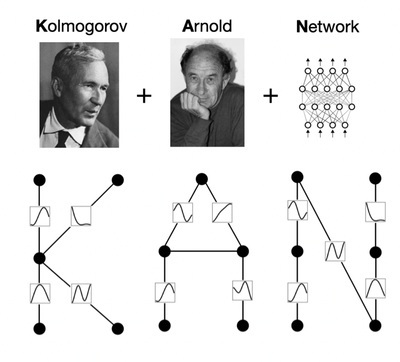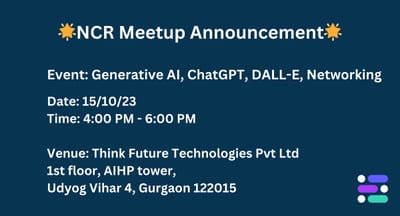Halting Problem

If you like our work, please consider supporting us so we can keep doing what we do. And as a current subscriber, enjoy this nice discount!
Also: if you haven’t yet, follow us on Twitter, TikTok, or YouTube!
If you like our work, please consider supporting us so we can keep doing what we do. And as a current subscriber, enjoy this nice discount!
Also: if you haven’t yet, follow us on Twitter, TikTok, or YouTube!
The halting problem is a classic problem in computer science. It goes like this: given a program and an input, can we always tell whether the program will halt when run with that input?
For example, in pseudocode, the program
while (true) continue
does not halt; rather, it goes on forever in an infinite loop. On the other hand, the program
does halt.
While deciding whether these programs halt is simple, more complex programs prove problematic. One approach to the problem might be to run the program for some number of steps and check if it halts. But if the program does not halt, it is unknown whether the program will eventually halt or run forever. Turing proved no algorithm exists that always correctly decides whether, for a given arbitrary program and input, the program halts when run with that input. The essence of Turing's proof is that any such algorithm can be made to produce contradictory output and therefore cannot be correct.
Thus the answer is no, we cannot always tell. This is because there are some programs that will run forever, no matter what input they are given. These programs are called "infinite loops."The halting problem is important because it shows that there are some things that computers can never do. This is a fundamental limit on what computers can do.
Of course, we can usually tell whether a program will halt or not. For most programs, it is easy to tell. But there are some programs that are very difficult to analyze. And even for programs that we can analyze, it may be very difficult to tell whether they will halt or not.
Thus, the halting problem is a decision problem about properties of computer programs on a fixed Turing-complete model of computation, i.e., all programs that can be written in some given programming language that is general enough to be equivalent to a Turing machine. The problem is to determine, given a program and an input to the program, whether the program will eventually halt when run with that input. In this abstract framework, there are no resource limitations on the amount of memory or time required for the program's execution; it can take arbitrarily long and use an arbitrary amount of storage space before halting. The question is simply whether the given program will ever halt on a particular input.
The halting problem is also important because it is related to the famous "P versus NP" problem. This is a problem in mathematics that is still unresolved. Many computer scientists believe that the answer to this problem will have a major impact on the future of computing.
Do you like our work?
Consider becoming a paying subscriber to support us!
No spam, no sharing to third party. Only you and me.






